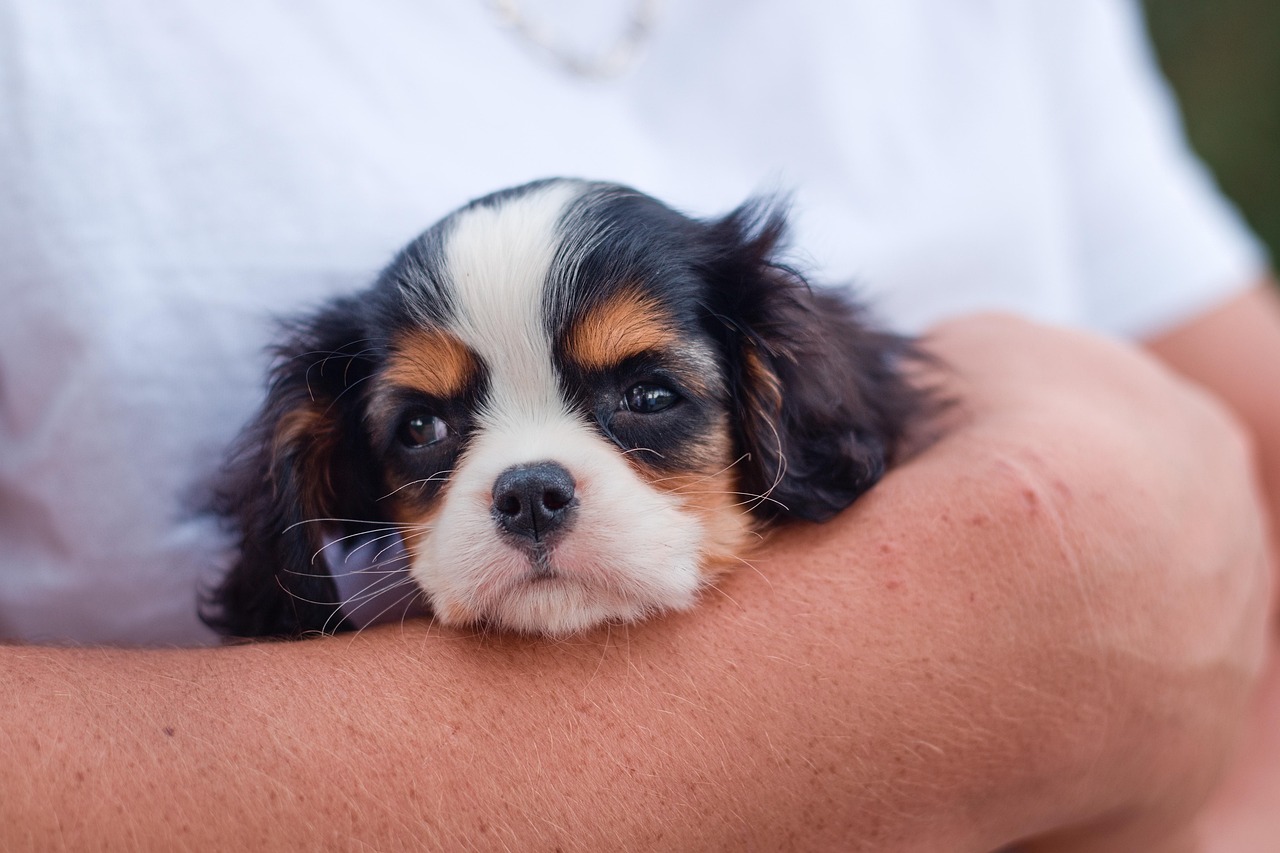Socializing a puppy is one of the most crucial steps in raising a well-adjusted and confident dog. The process involves exposing your puppy to a variety of people, places, animals, and experiences in a positive and controlled manner. The process helps them to develop the right behaviors and reactions to the world around them. Socialization is essential for a well-behaved adult dog, as it significantly impacts their emotional well-being and how they interact with their environment throughout their lives.
The Importance of Socialization
Prevent Fear and Aggression: One of the most significant reasons for socializing your puppy is to prevent the development of fear-based behaviors and aggression. A puppy who hasn’t been properly socialized may grow up to be fearful or anxious around new experiences, unfamiliar people, or other animals. This fear can manifest as aggression, where the dog may bark, growl, or lunge at perceived threats. By socializing your puppy at an early age, you give them the confidence to deal with new situations, making them less likely to react negatively when they encounter unfamiliar stimuli.
Develop Confidence: Socialization helps a puppy become confident in various environments and situations. When puppies are exposed to different sounds, sights, and experiences, they learn to process these stimuli without fear. This confidence can lead to a more adaptable, calm, and well-behaved dog in adulthood. A puppy that has been socialized well will be more likely to stay calm during trips to the vet, visits from new people, or time spent in crowded places.
Reduce Separation Anxiety: Puppies that are not properly socialized may struggle with separation anxiety later in life. When a puppy is used to being exposed to new situations and people, they are less likely to become overly attached to their owners. This means that they will be more comfortable being left alone for short periods of time as they grow older, reducing the chances of developing separation anxiety.
Improve Behavior with Other Dogs: Socializing a puppy also involves interactions with other dogs, which teaches them how to behave appropriately in the presence of their peers. Without proper socialization, a puppy may become fearful, overly dominant, or aggressive toward other dogs. They may not understand the importance of appropriate play, boundaries, or communication, which can lead to problems during playtime or walks. A well-socialized puppy will have a better understanding of how to interact with other dogs in a positive and respectful manner.
Foster Better Communication: Socializing your puppy helps them learn important cues and communication signals that are essential in their interactions with humans and other animals. They will learn how to interpret body language, vocalizations, and other signals from both dogs and people, helping them understand what is expected of them in various situations. This improves the relationship between you and your dog, as your puppy will be more likely to respond appropriately to your cues.
Best Time Frame for Socialization
The critical window for socializing a puppy is during their early developmental period, which typically occurs between 3 to 14 weeks of age. During this time, puppies are most receptive to new experiences and form the foundational behaviors and attitudes they will carry into adulthood. Exposing a puppy to a variety of situations during this period is crucial to ensuring they grow up to be well-adjusted and confident.
However, socialization doesn’t end at 14 weeks. While the early window is the most important, puppies can continue to be socialized throughout their lives. It’s essential to keep socializing your dog with different experiences, environments, and people as they grow. At 6 to 12 months, puppies may begin to show more independence and assertiveness, so it’s important to continue positive exposure during this phase to reinforce good behavior.
Socialization Activities
To properly socialize your puppy, consider the following activities:
Exposure to new people: Invite friends and family members over, ensuring they interact with your puppy in a calm, positive way. This will help your puppy get used to people of different ages, genders, and appearances.
Meeting other dogs: Arrange playdates with friendly, well-socialized dogs. Puppy classes or supervised playgroups are great for encouraging safe interactions with other dogs.
Variety of environments: Take your puppy on walks through different environments, such as parks, busy streets, and pet-friendly stores. Let them experience various sights, sounds, and smells.
Handling and grooming: Gently handle your puppy’s paws, ears, and mouth to get them used to being touched. Early grooming experiences also prevent anxiety when visiting the vet or groomer later.
Socializing your puppy is a critical step in their development and overall well-being. By investing time and effort into proper socialization, you are setting your puppy up for a happy, healthy, and well-adjusted life.
If you are in the Bradenton area, we invite you to call Gulf Coast K9 Dog Training to learn more about our puppy training classes.





